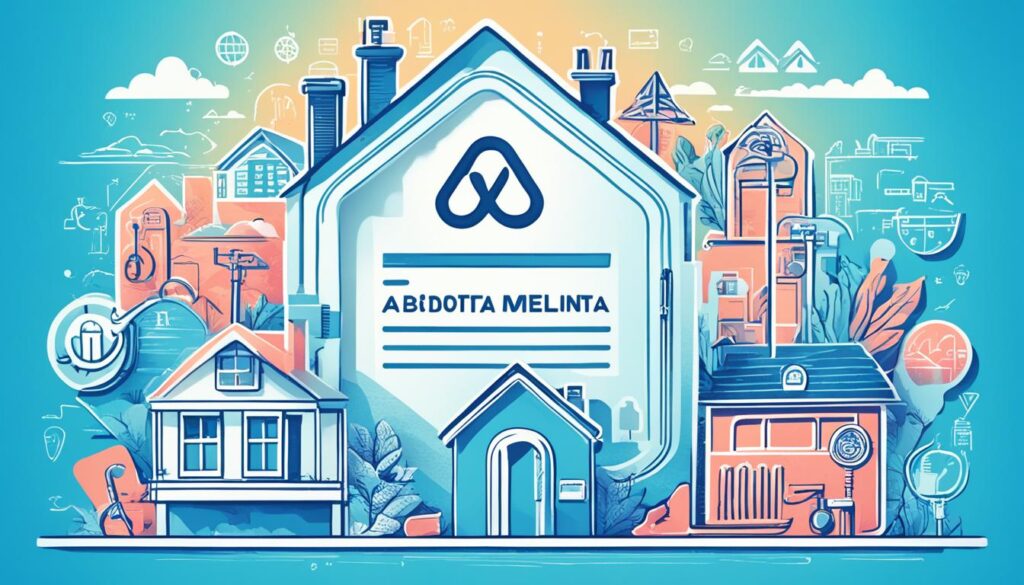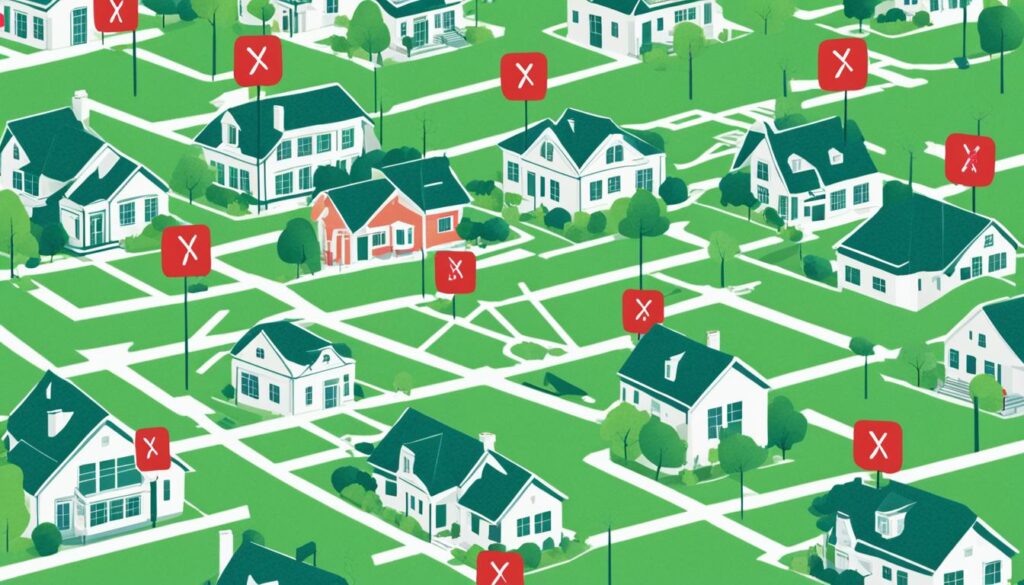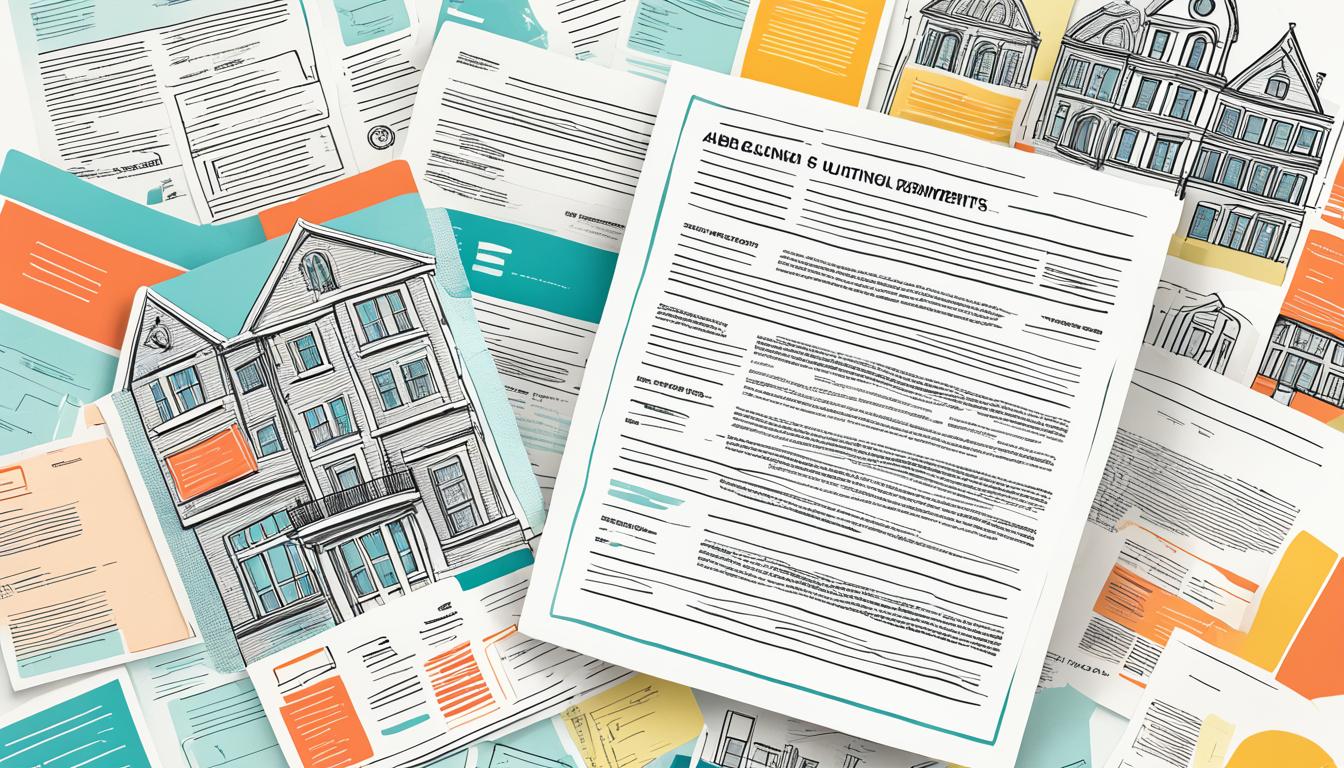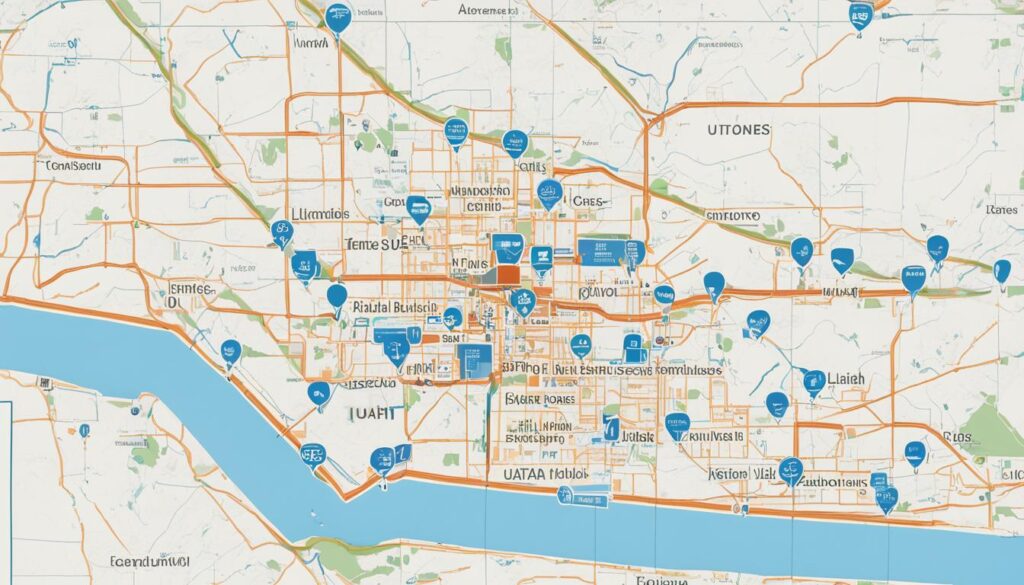Starting an Airbnb can be thrilling, but knowing the Airbnb licensing requirements is key. You must follow local laws and rules, which differ greatly by location.
Whether you need a business license depends on several things. These include the service you offer, how often you host, and if you aim to profit. Some places need specific permits for short-term rentals, while others have easier rules for vacation rentals.
Before listing your place, find out if your hosting is seen as a business where you live. This can prevent legal problems later. Remember, each place has its own set of rules, so what works in one city might not in another.
Key Takeaways
- Airbnb hosts must follow local laws and rules
- Business license needs change by location and how often you host
- Check if your hosting is seen as a business in your area
- Some cities need specific short-term rental permits
- Consult local authorities or legal experts for the right info
Understanding Airbnb Licensing Requirements
Airbnb hosts must follow complex licensing rules to stay legal. Knowing and following local laws is key to your success. Let’s explore the main parts of Airbnb licensing and why it’s important for your rental business.
The Importance of Compliance
Following the law is vital for your Airbnb’s future. It shields you from fines and legal trouble. It also makes guests and neighbors trust you more. Many places need special licenses for short-term rentals, just like Amazon sellers do.
Variations in Local Regulations
Home sharing laws differ a lot across cities and areas. Some places are okay with short-term rentals, while others have strict rules. You might need:
- Business licenses
- Zoning permits
- Short-term rental certificates
Make sure to check your local laws well to meet all the requirements for tax compliance and legal operation.
Consequences of Non-Compliance
If you don’t follow Airbnb’s rules, you could face big problems. This includes big fines, lawsuits, and being kicked off Airbnb. To keep your business safe, think about forming an LLC and getting the right licenses, just like for any other business.
What Kind of Business License Do I Need for Airbnb
Starting an Airbnb requires knowing the licenses you need. Each area has its own rules, so make sure to check your local laws.
Common Types of Licenses for Short-Term Rentals
You might need one or more of these licenses, based on where you are:
- Business licenses
- Short-term rental permits
- Bed and breakfast licenses
- Land use permits

Factors Affecting License Requirements
Several things affect what licenses you’ll need:
- Your property type (house, apartment, condo)
- Rental frequency
- Local zoning laws
- Primary residence status
How to Determine Your Specific Licensing Needs
To find out what licenses you need:
- Contact your local government offices
- Check city-specific Airbnb help pages
- Consult with a legal professional familiar with vacation rental regulations
If you have more than one property, you might need a license for each one. Make sure you know about short-term rental permits and bed and breakfast licenses to follow the rules.
Navigating Zoning Restrictions and Permits
Zoning laws for Airbnbs can really impact your hosting plans. Before you start, make sure short-term rentals are okay in your area. Many cities have rules about where you can run an Airbnb.

You might need short-term rental permits, especially in residential areas. These permits help cities manage Airbnb’s effects on neighborhoods. To get one, you might have to:
- Fill out an application
- Pay a fee
- Have your property inspected
- Meet certain safety standards
Home sharing laws differ a lot across cities. Some cities are fine with Airbnbs, while others have strict rules. These laws might limit:
- How many nights you can rent out per year
- The number of guests you can have
- Whether you must be there during stays
If you’re renting, check your lease agreement first. Many landlords don’t let tenants sublet on Airbnb. Breaking this rule could get you evicted.
By understanding and following local zoning laws, getting the right permits, and sticking to home sharing laws, you’ll be well on your way to being a successful Airbnb host.
Tax Compliance and Registration for Airbnb Hosts
As an Airbnb host, you must understand tax compliance. It’s important to know your tax duties to avoid fines. Let’s explore the main points of Airbnb tax rules.
Occupancy Tax Collection
Some places have Airbnb collect taxes for you. But, this isn’t always true. You might need to collect taxes yourself, based on local laws. Make sure you check your city’s rules to follow occupancy tax laws.
Tax Identification Numbers
You might need tax identification numbers for your Airbnb income. These numbers track your earnings and help you pay the right taxes. It’s wise to talk to a tax expert to find out which numbers you need.
Record Keeping and Reporting
Keeping accurate records is crucial for easy tax filing. Save receipts for your Airbnb costs, as they could be deductible. Good records let you report your income and expenses right, which is key for tax compliance. Being organized now can prevent tax troubles later.
FAQ
Why is compliance with Airbnb licensing requirements important?
How do local regulations for Airbnb hosts differ?
What are some common types of licenses for short-term rentals?
What factors affect the type of license I need for my Airbnb?
How do I determine the specific licensing needs for my Airbnb?
What zoning restrictions should I be aware of as an Airbnb host?
How do occupancy taxes work for Airbnb hosts?
Do I need a tax identification number as an Airbnb host?
Author
-

David Nguyen is an expert in business licensing, with extensive knowledge in local and international regulations. His expertise is crucial for businesses seeking guidance on compliance and licensing strategies.
View all posts



